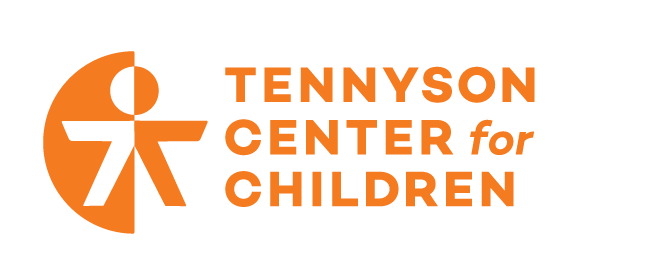Strategic Framework
Sadly, far too many of Colorado’s youth are healing from the impact of trauma, which severely impacts a child’s chances of succeeding and thriving.
While the roots of childhood trauma are both complex and varied, the impact is clear: those living with it struggle to succeed in school, to maintain relationships, and to give and receive love while in even the most supportive households and families.
The impact of childhood trauma can linger and transfer into adulthood if ignored, as is often the case. The CDC-Kaiser Permanente Adverse Childhood Experiences Study, one of the largest studies investigating childhood neglect and abuse, found strong correlations between childhood exposure to emotional, physical and sexual abuse (as well as household dysfunction), and significant negative consequences for adults, including exceptionally high rates of alcoholism, substance abuse, depression, suicide attempts and severe obesity.
Trauma’s impact doesn’t end there. It’s felt well beyond the child and family; emergency health care providers, first responders and the judicial system often become engaged in the crisis as well.
We are now poised to build on our profound institutional history to play an even more significant role in addressing childhood trauma throughout the state, ensuring that no child living with trauma in Colorado will ever again feel alone, abandoned, lost or broken. We believe that all children experiencing trauma from neglect and abuse must receive the support they deserve, and we are building Tennyson to ensure that this ambition becomes a reality.

